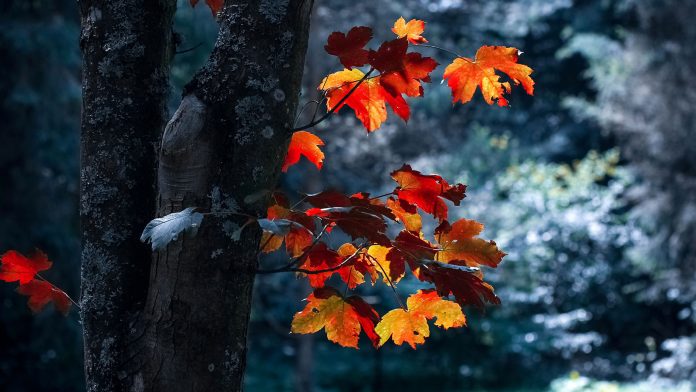
In his latest column on LitReactor, Richard Thomas examines the symbolism of the four seasons. “Weather and the seasons may seem like an obvious aspect of your stories, but don’t sleep on the choices you make when writing that story or novel,” he says. “These choices need to be purposeful, they need to serve your story, supporting and enhancing your setting, your protagonist, your genre, and your plot.”
WINTER
Winter brings to mind specific weather conditions, colors, and even emotions. “The symbolism of winter is an end to things, a death, where people stay inside, trees have bare branches, grass has lost its luster, and plants have withered and given up,” Thomas says. “It is an end to things, and sometimes out of that ending, comes something positive.”
SPRING
Spring is warmer, of course, a time of thawing and rebirth. “The colors that come to mind are pastels—pinks and yellows and greens,” Thomas says. “The emotions for me are hope, love, and optimism. The symbolism is growth, and rebirth, the phoenix rising out of the ashes, flowers and nature coming back, life renewed.”
SUMMER
For many, summer is a time of freedom – from school, work, bad weather and thoughts, and responsibilities. “When you think about summer you think about heat—a brightness that cannot be contained, life and action, people outside, children and dogs and sports,” Thomas writes. “The symbolism is freedom, and nostalgia, and family. It’s no school, and traveling, and a ripeness—food and drink and life.”
FALL
“When you think about fall you think about dying—the colors of leaves turning, their eventual fall from the branches, the blooms and buds of spring and summer slowly disappearing, as the palette fades to gray,” Thomas notes. “The symbolism of fall is a decline, dying, change, and failure. The emotions of this season are right in the word fall—to drop or descend to a lower place through loss or lack of support; to come to a lower position; to become less or lower; a decline.”











